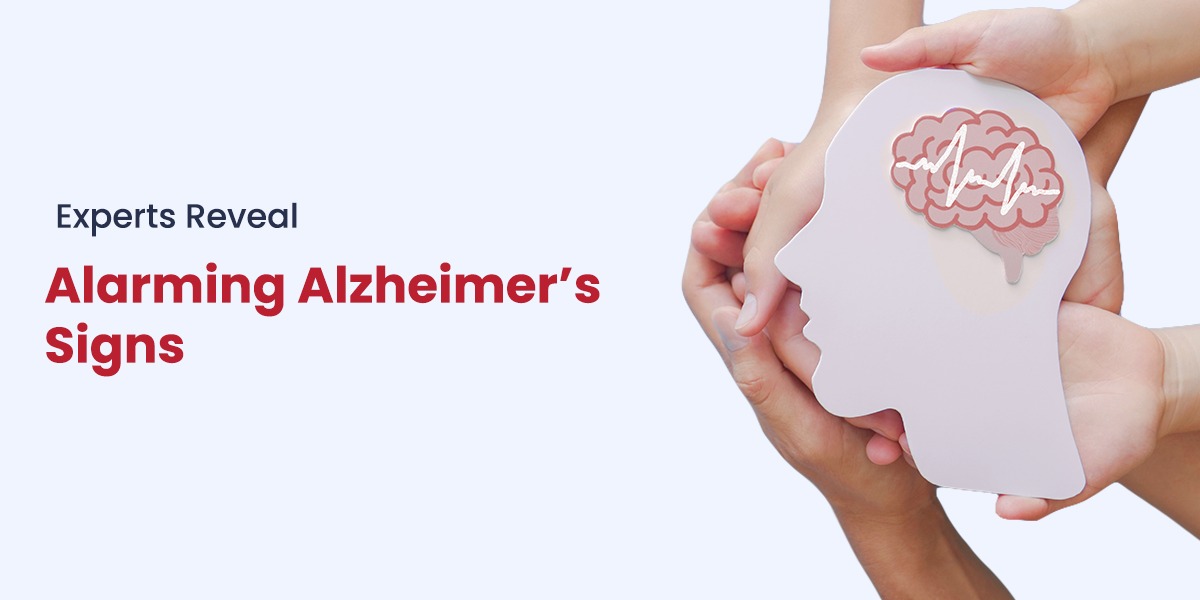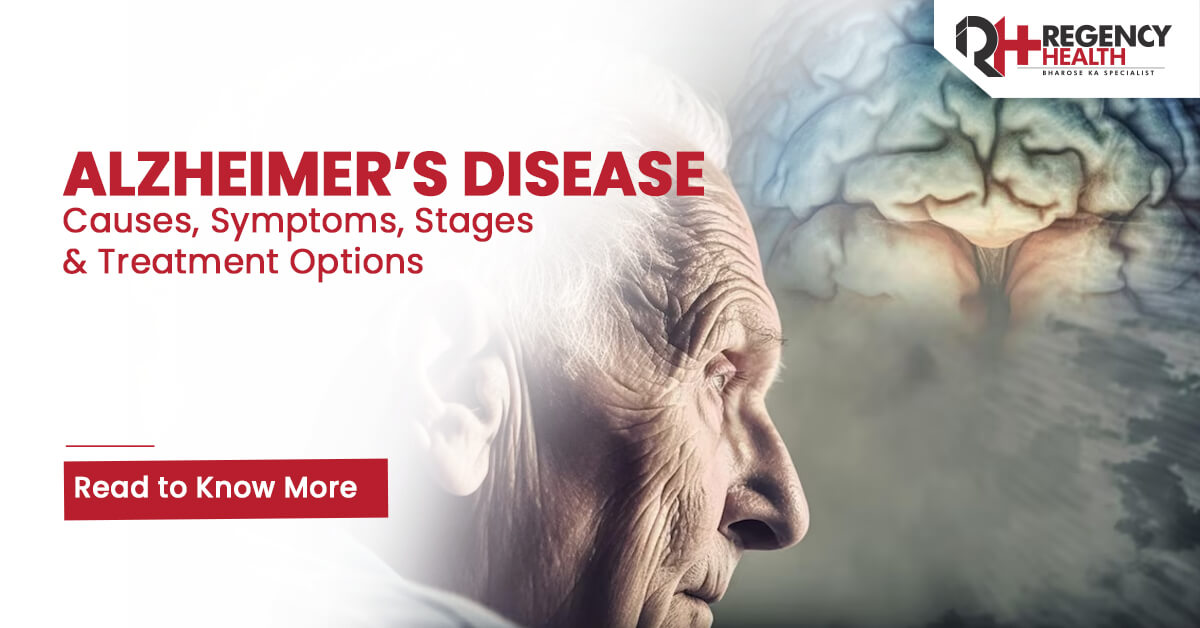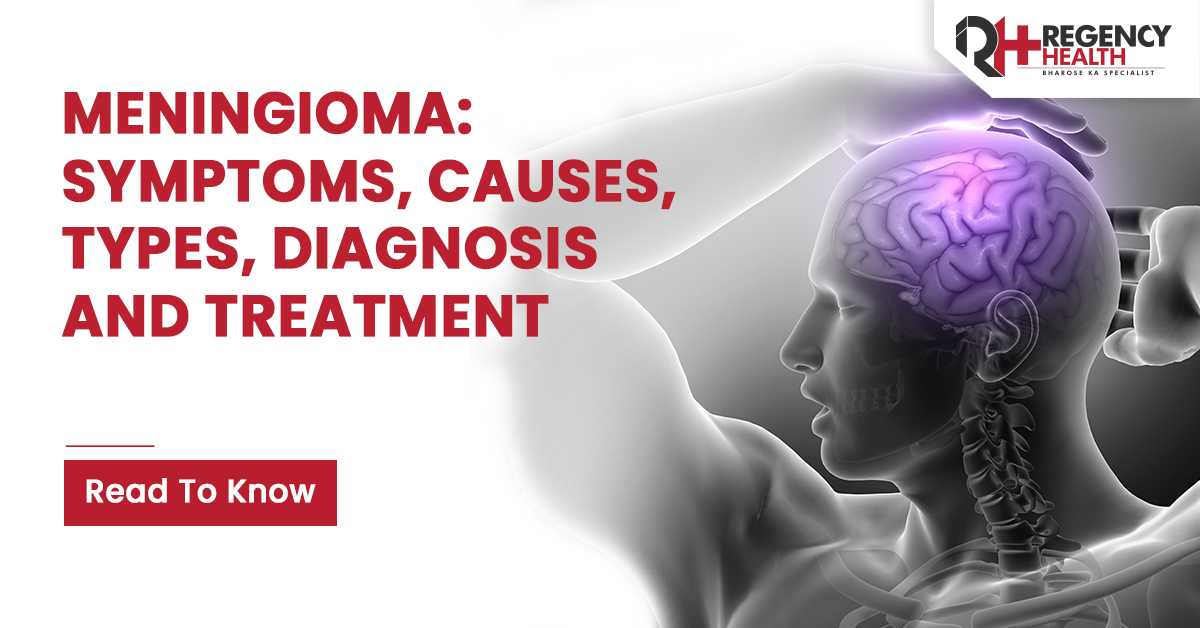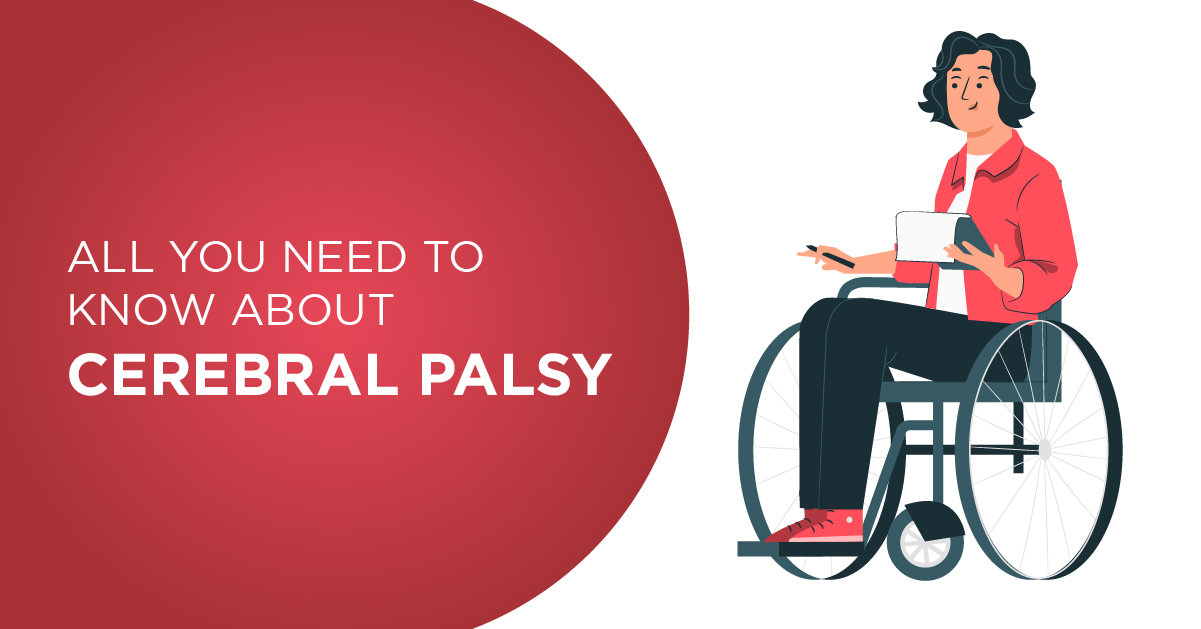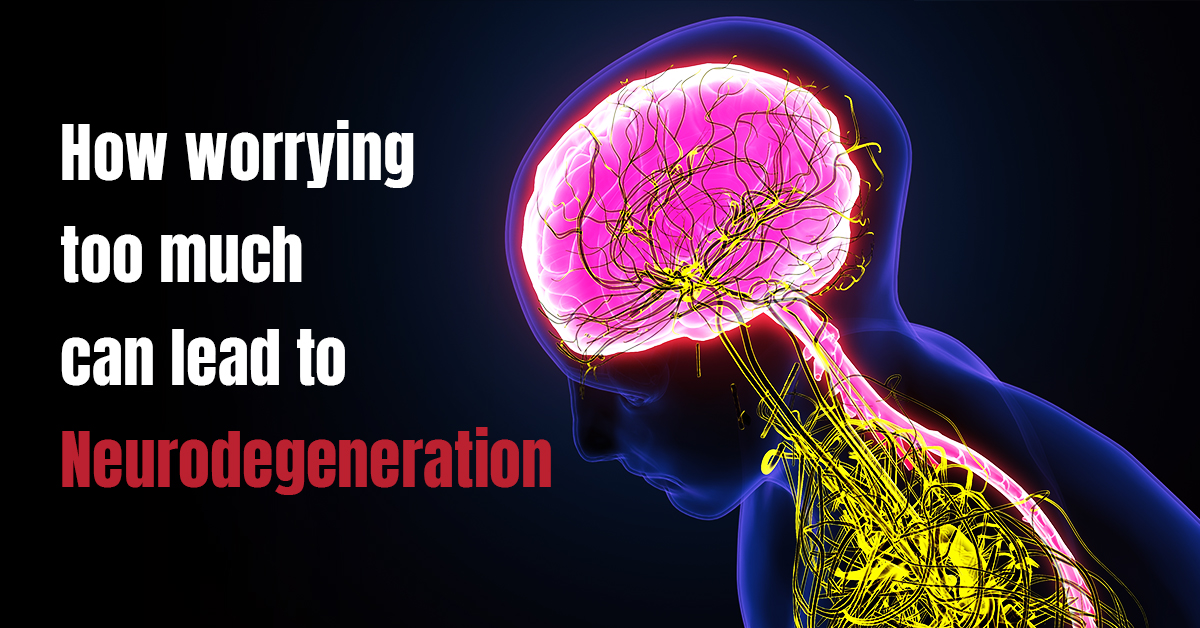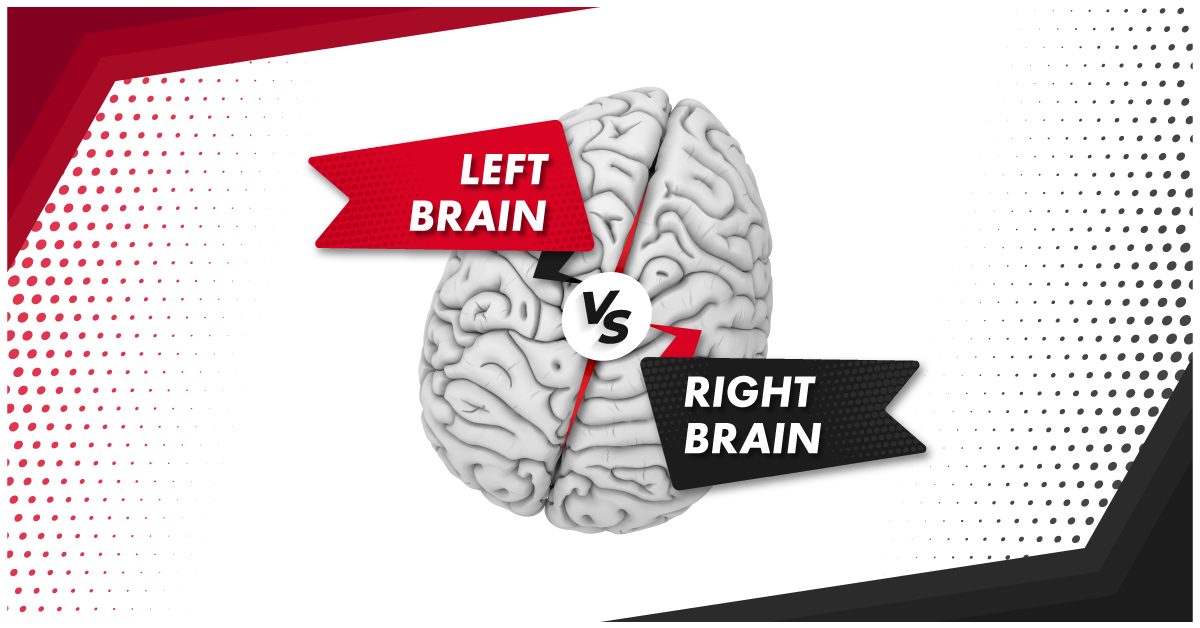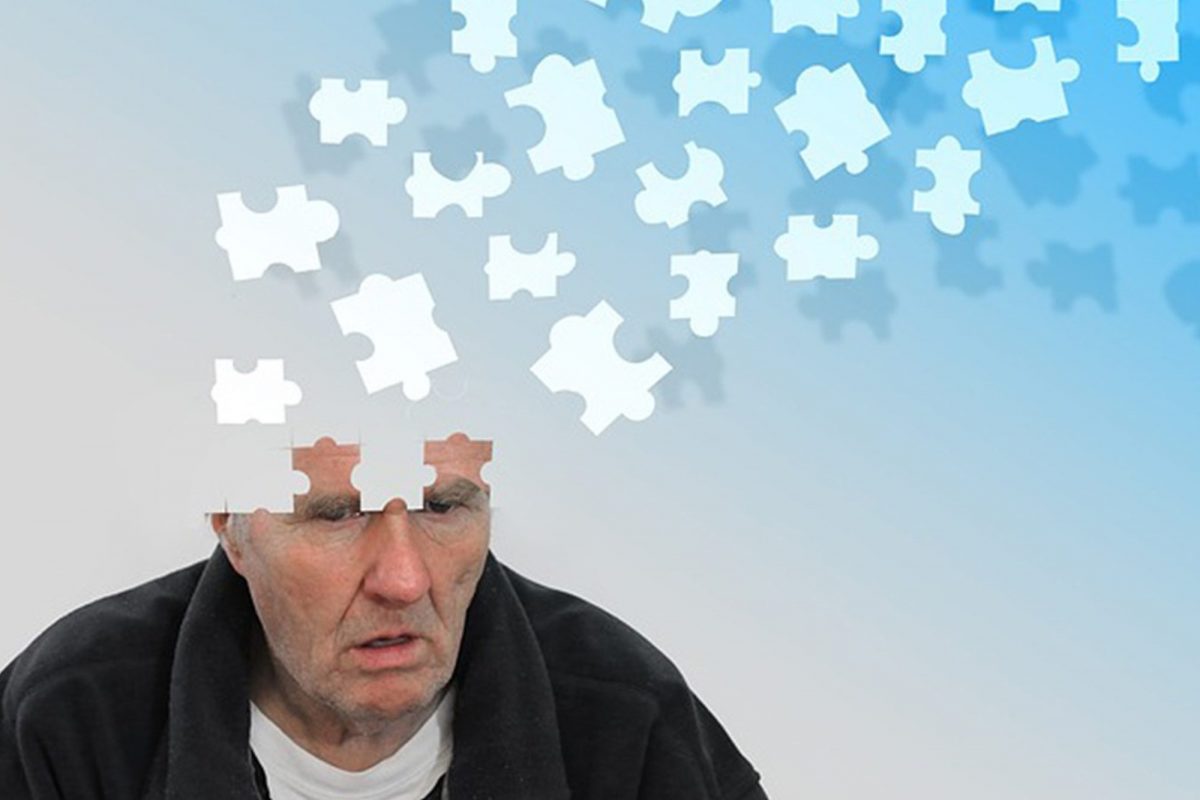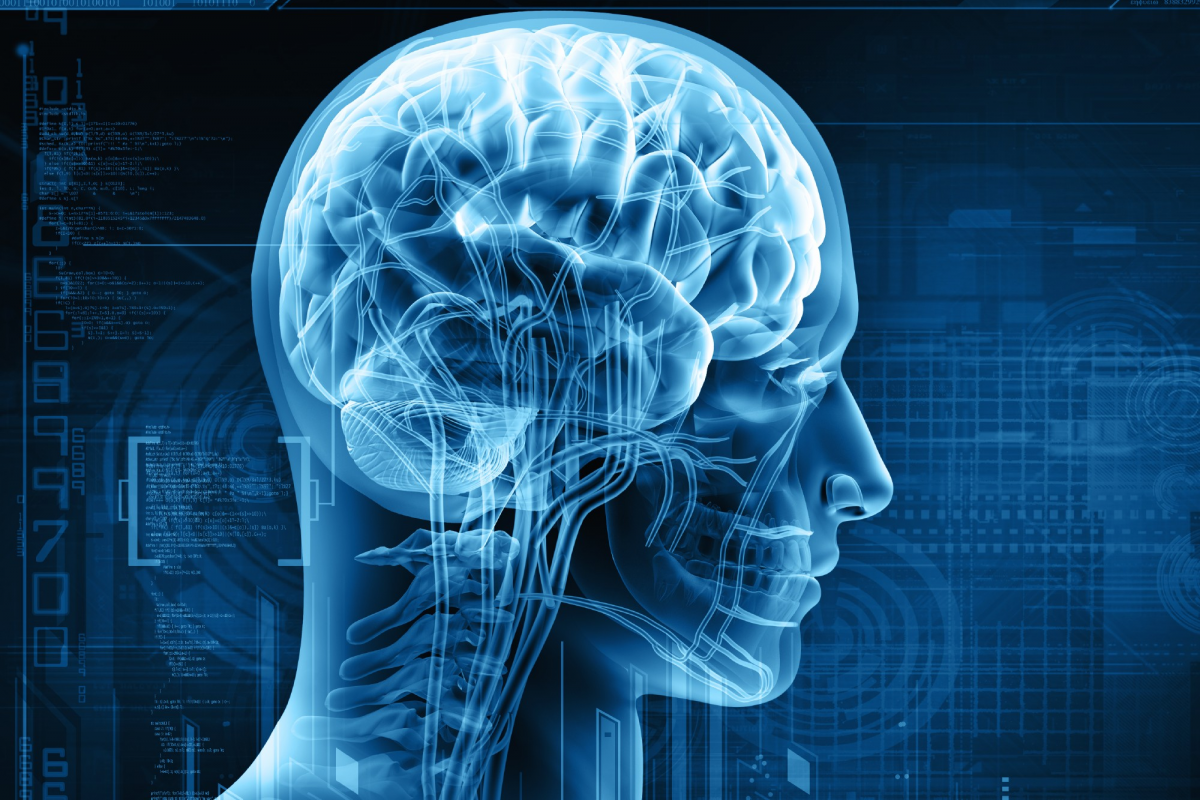Alzheimer’s is a neurological disorder that affects millions of people worldwide. It is one of the leading causes of dementia that affects people above the age of sixty. While age is one factor, some aspects can influence our chances of developing this disease.
Blogs
Dysgraphia is a neurological learning disorder that makes writing unusually difficult, even when a person has normal intelligence and has received proper education. It is not caused by laziness or poor teaching but is linked to the way the brain processes language, fine motor skills, and memory.
Alzheimer's disease is a neurological condition that destroys neurons and synapses, impairing memory and cognitive function. Alzheimer's disease also causes a deterioration in several behavioural and social abilities. The early stages of Alzheimer's disease typically begin in a person's 60s and last for the remainder of their lives. If Alzheimer's is not treated in the early stages, it frequently develops into dementia and can be fatal.
A meningioma is a type of brain tumor that develops in the meninges — the protective layers covering the brain and spinal cord. Most meningiomas are benign (non-cancerous) and grow slowly, but in some cases, they can be atypical or malignant, leading to faster growth and severe health issues. Even though meningiomas are the most common type of primary brain tumor, many people don’t realize they have one until it grows large enough to cause symptoms.
Cerebral palsy—also known as CP—is a condition caused by injury to the parts of the brain that control our ability to use our muscles and bodies. Cerebral means having to do with the brain. Palsy means weakness or problems with using the muscles. It develops due to brain damage shortly before or during birth.
Neurodegeneration is a disease in which the central nervous system cells start to continuously deteriorate. Neurodegeneration can worsen over time, and no cure has been discovered yet. Neurodegeneration might be genetic or due to a brain stroke or a tumour. It can also present itself in someone who consumes large amounts of alcohol or people exposed to certain bacteria or viruses.
The above question is a really popular question that is hovering at the edges of sound neuroscience. There are numerous theories and concepts that exist to explain how the right and left hemispheres of the human brain function. They also share their merits, and limitations too.
An irreversible, chronic neurodegenerative disease, Alzheimer’s destroys brain cells and disrupts an individual’s thinking ability as well as memory. It is named after Dr. Alois Alzheimer who had first identified the disease in 1906. A fatal disease, Alzheimer’s affects every aspect of the patient’s life, changing the way they think, feel and act. While scientists haven’t been able to identify its exact causes, they do have a fair idea of their most common symptoms and risk factors of Alzheimer’s disease. An active, healthy lifestyle and good eating habits can reduce the chances of Alzheimer’s disease.
Your brain, spinal cord, and nerves make up the nervous system, and they together control all the functions of the body. When something goes wrong with any one part of the nervous system, it can result in problems related to moving, speaking, swallowing, learning, or breathing. Therefore, neurological disorders can be described as the disease of the central or the peripheral nervous system and every year affects hundreds and millions of people worldwide.
A stroke occurs when the supply of blood to the brain is either interrupted or reduced. When this happens, the brain does not get enough oxygen or nutrients, and brain cells start to die. Nearly 800,000 people worldwide have a stroke each year. That equates to about 1 person every 40 seconds. Strokes need to be diagnosed and treated as quickly as possible to minimize brain damage. This article will explain why strokes occur and how they are treated, as well as explore the different types and steps a person can take to prevent a stroke.

 Call-an-Ambulance
Call-an-Ambulance
